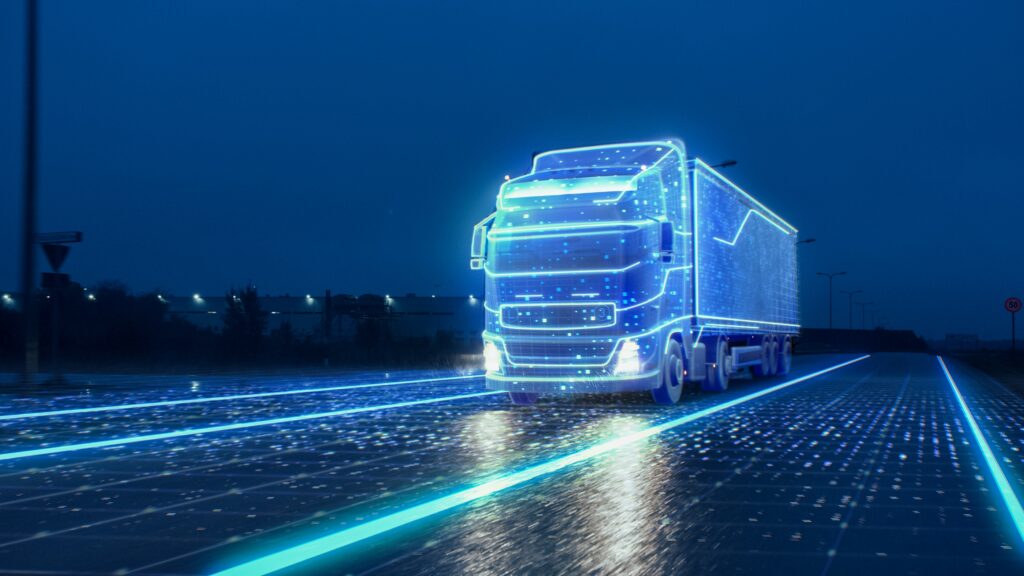Blog
Development of autonomous road transport in the USA
Manufacturers of vehicles and car parts as well as software developers contribute to technological progress that allows for development, both in the automotive industry and in the transport sector. The involvement of various entities in research on innovative products and solutions for the development of autonomous road transport results in the need to conduct tests, undertake pilot activities in this area, or implement products and services in real road traffic.
On November 1, 2023, Aurora Innovation located in Pittsburgh (Pennsylvania, USA) announced the launch of a modern transport terminal in Houston, and thus its readiness to provide comprehensive service and supervision of cargo transport carried out by autonomous trucks on the route between Houston and Dallas. The transportation terminal located in Dallas was launched a few months earlier – in April 2023, and, like the terminal in Houston, it was designed specifically to operate and service autonomous trucks and support their unmanned cargo transportation. The two terminals mentioned will be a model for the planned expansion of Aurora’s terminal network, expanding the network of supported connections.
The selection of the route and cities for the terminal locations resulted from previous observations, which indicated that almost half of all trucks in Texas travel along the I-45 interstate highway, which makes this corridor create favorable conditions for the commercial launch of the company’s autonomous services. The I-45 road (Interstate-45) is an American north-south interstate highway, located entirely in Texas, connecting the cities of Dallas and Houston. An important communication route in this area is also the I-20 highway, which intersects with the I-45 road in the east and west direction.
The city of Dallas and its surrounding areas have become a center for testing and development of autonomous trucks in recent years, primarily due to the presence of important transport corridors, thanks to business-friendly policies, and due to favorable weather conditions. Many autonomous truck manufacturers test their products in cooperation with specific customers, in real road traffic, in the Dallas-Fort Worth metropolitan area.
The project implemented by Aurora will involve operating a fleet of approximately 20 autonomous trucks on the route between Dallas and Houston. The vehicles are to transport cargo without the participation of drivers, but with the support of staff from transport terminals located in Houston and Dallas. The company has already entered into pilot partnerships with various contractors and, in preparation for launching commercial operations, currently performs over 75 shipments per week to Houston and El Paso for clients such as FedEx, Schneider, Werner Enterprises, Uber Freight and Hirschbach. Vehicles move based on the so-called training permit.
The development of autonomous road transport is the result of activities undertaken by many entities – the result of their cooperation and involvement. The advantages of popularizing cargo transport based on autonomous vehicles include primarily increased efficiency (from the point of view of the transport company) and a beneficial impact on road safety (globally). Autonomous trucks can therefore help transportation and logistics companies cope with the shortage of long-haul drivers, while also reducing costs – reducing fuel consumption. The use of unmanned vehicles for freight transport is a safe solution that may contribute to reducing the number of people injured in road accidents.
Source:
aurora.tech
www.reuters.com
dallasinnovates.com
Muller J., Rajwani-Dharsi N., How Dallas became the proving ground for autonomous trucks, Technology, August 2023.
I-45 Freight Corridor Plan. Final Report, Texas Department of Transportation



